| Availability: | |
|---|---|
| Quantity: | |











Vitamin C Powder (Ascorbic Acid) (CAS No.: 50-81-7, E Number: E300) is a water-soluble antioxidant vitamin appearing as a white to off-white crystalline powder. As a food and supplement raw material, it features ≥99.0% purity, pH 4.0–6.0 (1% aqueous solution), and loss on drying ≤ 0.5%. Compliant with USP 43, FDA 21 CFR §182.3013, and China’s GB 1886.230-2016, it is non-GMO, Halal (IFANCA), and Kosher (OU) certified.
Powerful Antioxidant: Neutralizes free radicals in food and supplements, reducing lipid oxidation by 80% and extending shelf life of oil-based products by 12 months
Nutrient Fortification: Adds 100% DV of vitamin C (60mg) per 0.1g addition to foods, meeting global fortification requirements for cereals, beverages, and snacks
Color Protection: Inhibits enzymatic browning in fruits/vegetables by 90% (e.g., apple slices retain color for 48 hours vs. 2 hours unprotected)
Stability Enhancement: Improves the viability of probiotics in supplements by 40% during 2-year storage and preserves flavor in fruit juices (reduces off-notes by 75%)
Cost-Effective: 30% lower cost than coated vitamin C with equivalent bioavailability, ideal for high-volume fortification applications

Dietary Supplements: Added at 50mg–1000mg per capsule/tablet. Used in multivitamins, immune support formulas, and antioxidant blends
Beverages: Incorporated at 0.05%–0.2% in fruit juices and sports drinks. Enhances flavor, prevents browning, and provides 50%–100% DV per serving
Baked Goods: Used at 0.02%–0.05% in bread and pastries. Improves dough strength and reduces staling by 30% (retains softness for 5 days)
Frozen Foods: Mixed at 0.03%–0.1% in frozen fruits and vegetables. Preserves vitamin content (retains 90% vitamin C vs. 60% in unfortified products) during freezing
Q: How to maintain its stability in high-heat processes?
A: Add post-heating (temperatures < 70°C) or use with stabilizers (e.g., citric acid). At 100°C, it retains 85% activity if added in the final processing stage
Q: Can it be blended with other vitamins/minerals?
A: Yes. It is compatible with B vitamins, zinc, and magnesium but avoid direct mixing with copper/iron (reduces activity by 20%)—use separators in formulations
Q: What’s the difference between L-ascorbic acid and other vitamin C forms?
A: L-ascorbic acid is the only biologically active form (human body cannot convert other forms like calcium ascorbate efficiently) and has 100% bioavailability 。

Vitamin C Powder (Ascorbic Acid) (CAS No.: 50-81-7, E Number: E300) is a water-soluble antioxidant vitamin appearing as a white to off-white crystalline powder. As a food and supplement raw material, it features ≥99.0% purity, pH 4.0–6.0 (1% aqueous solution), and loss on drying ≤ 0.5%. Compliant with USP 43, FDA 21 CFR §182.3013, and China’s GB 1886.230-2016, it is non-GMO, Halal (IFANCA), and Kosher (OU) certified.
Powerful Antioxidant: Neutralizes free radicals in food and supplements, reducing lipid oxidation by 80% and extending shelf life of oil-based products by 12 months
Nutrient Fortification: Adds 100% DV of vitamin C (60mg) per 0.1g addition to foods, meeting global fortification requirements for cereals, beverages, and snacks
Color Protection: Inhibits enzymatic browning in fruits/vegetables by 90% (e.g., apple slices retain color for 48 hours vs. 2 hours unprotected)
Stability Enhancement: Improves the viability of probiotics in supplements by 40% during 2-year storage and preserves flavor in fruit juices (reduces off-notes by 75%)
Cost-Effective: 30% lower cost than coated vitamin C with equivalent bioavailability, ideal for high-volume fortification applications

Dietary Supplements: Added at 50mg–1000mg per capsule/tablet. Used in multivitamins, immune support formulas, and antioxidant blends
Beverages: Incorporated at 0.05%–0.2% in fruit juices and sports drinks. Enhances flavor, prevents browning, and provides 50%–100% DV per serving
Baked Goods: Used at 0.02%–0.05% in bread and pastries. Improves dough strength and reduces staling by 30% (retains softness for 5 days)
Frozen Foods: Mixed at 0.03%–0.1% in frozen fruits and vegetables. Preserves vitamin content (retains 90% vitamin C vs. 60% in unfortified products) during freezing
Q: How to maintain its stability in high-heat processes?
A: Add post-heating (temperatures < 70°C) or use with stabilizers (e.g., citric acid). At 100°C, it retains 85% activity if added in the final processing stage
Q: Can it be blended with other vitamins/minerals?
A: Yes. It is compatible with B vitamins, zinc, and magnesium but avoid direct mixing with copper/iron (reduces activity by 20%)—use separators in formulations
Q: What’s the difference between L-ascorbic acid and other vitamin C forms?
A: L-ascorbic acid is the only biologically active form (human body cannot convert other forms like calcium ascorbate efficiently) and has 100% bioavailability 。

Product Informations
| Name | Vitamin C |
| Ingredient | vitamin c effervescent tablets |
| Specification | 25kg |
| Capacity | 25.000 kg |
| Place Of Production | Guangdong, China |
| Shelf Life | Check the expiration date on the packaging. Most vitamin C supplements have a shelf life of 2 to 3 years when stored correctly. |
| Storage Conditions | Store vitamin C supplements in a cool, dry place, away from direct sunlight and humidity. A dark container can help protect it from light exposure, which can degrade the vitamin. |
| Handling Precautions | If using powdered vitamin C, handle it with dry hands and avoid moisture to prevent clumping and loss of effectiveness. |
Product Informations
| Name | Vitamin C |
| Ingredient | vitamin c effervescent tablets |
| Specification | 25kg |
| Capacity | 25.000 kg |
| Place Of Production | Guangdong, China |
| Shelf Life | Check the expiration date on the packaging. Most vitamin C supplements have a shelf life of 2 to 3 years when stored correctly. |
| Storage Conditions | Store vitamin C supplements in a cool, dry place, away from direct sunlight and humidity. A dark container can help protect it from light exposure, which can degrade the vitamin. |
| Handling Precautions | If using powdered vitamin C, handle it with dry hands and avoid moisture to prevent clumping and loss of effectiveness. |
Powerful Antioxidant: Vitamin C is one of the most effective antioxidants, neutralizing free radicals and reducing oxidative stress, which is linked to various chronic diseases and aging.
Boosts Immune Function: Regular intake of vitamin C can enhance the immune system's ability to fight infections and reduce the duration and severity of colds.
Supports Skin Health: Vitamin C is crucial for collagen production, which is essential for maintaining skin elasticity and firmness. It also helps to reduce the appearance of fine lines and wrinkles.
Enhances Iron Absorption: When consumed with iron-rich foods, vitamin C improves the absorption of non-heme iron, which is particularly beneficial for individuals following a vegetarian or vegan diet.
Mood and Cognitive Function: Some studies suggest that adequate levels of vitamin C can help improve mood and cognitive function, making it beneficial for mental health.
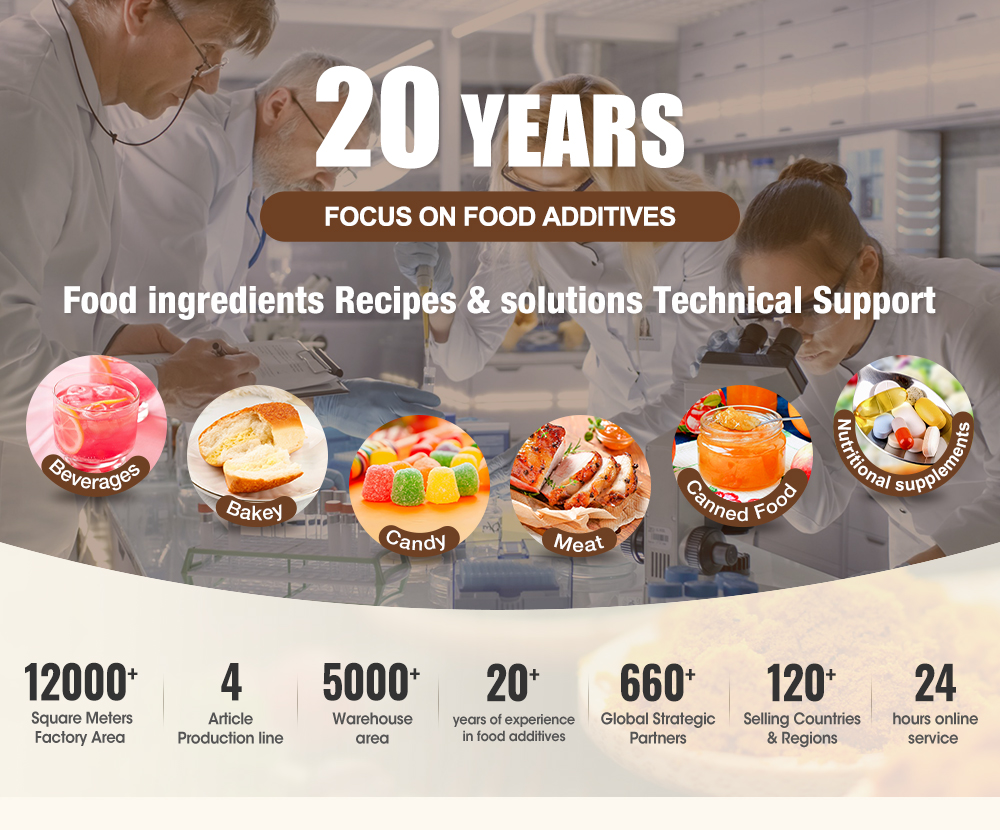
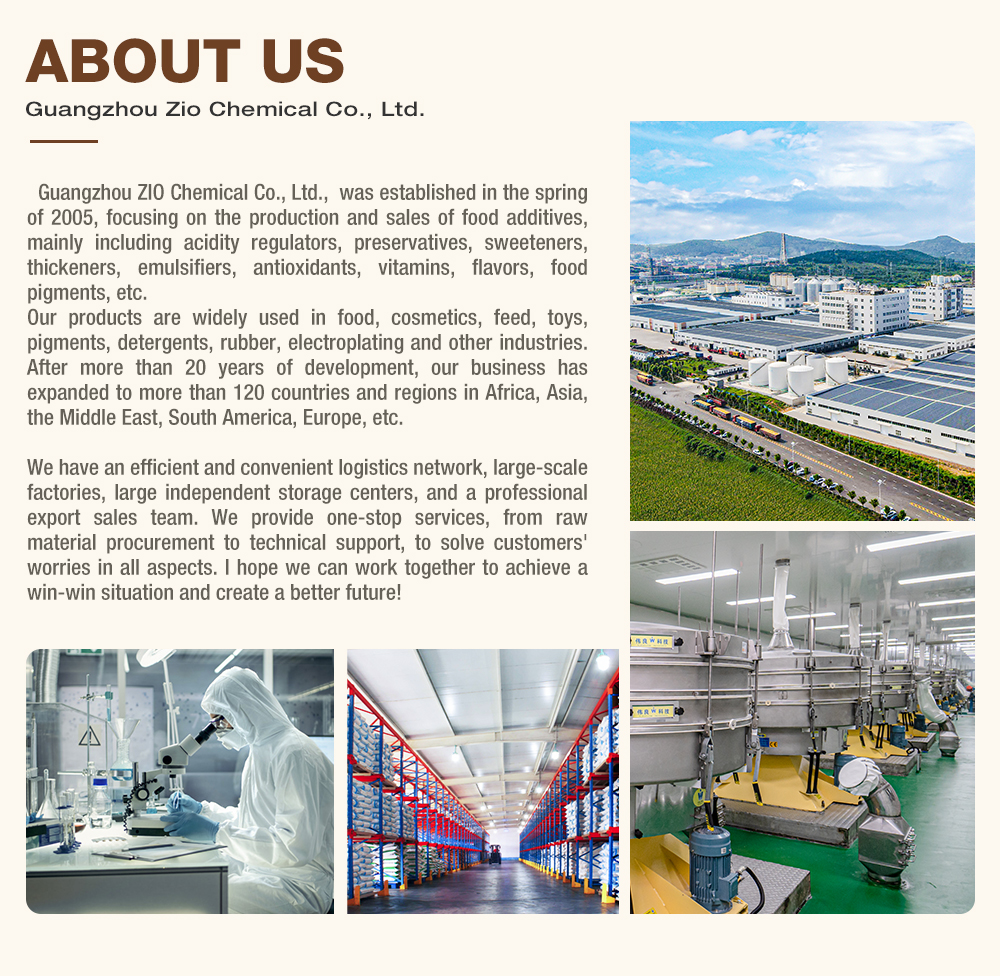
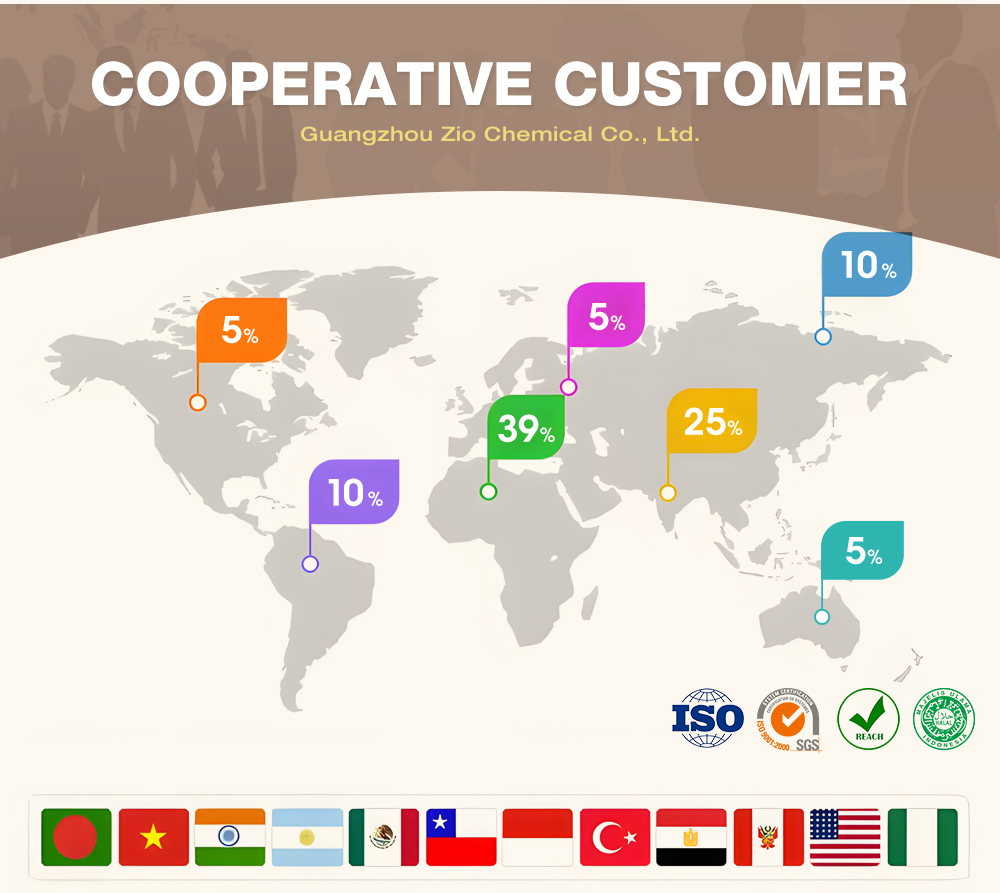

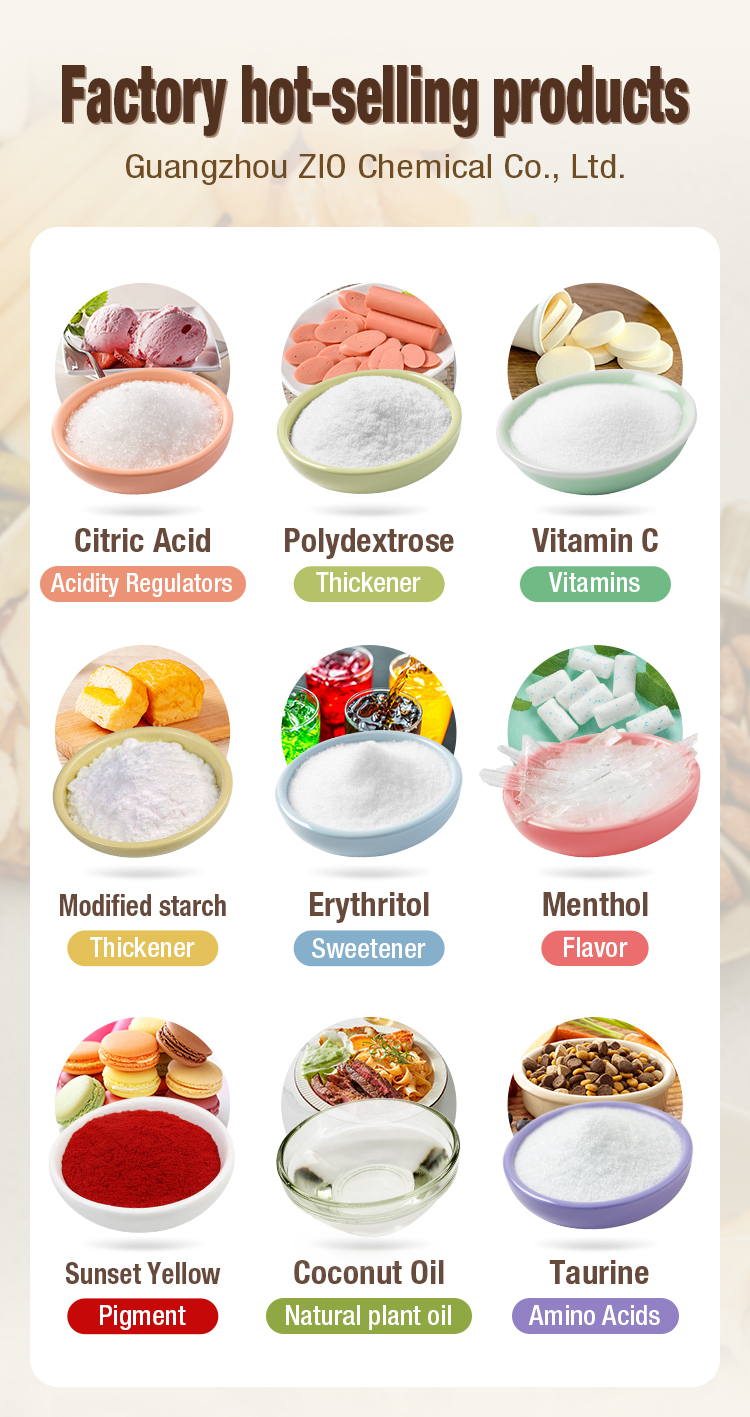

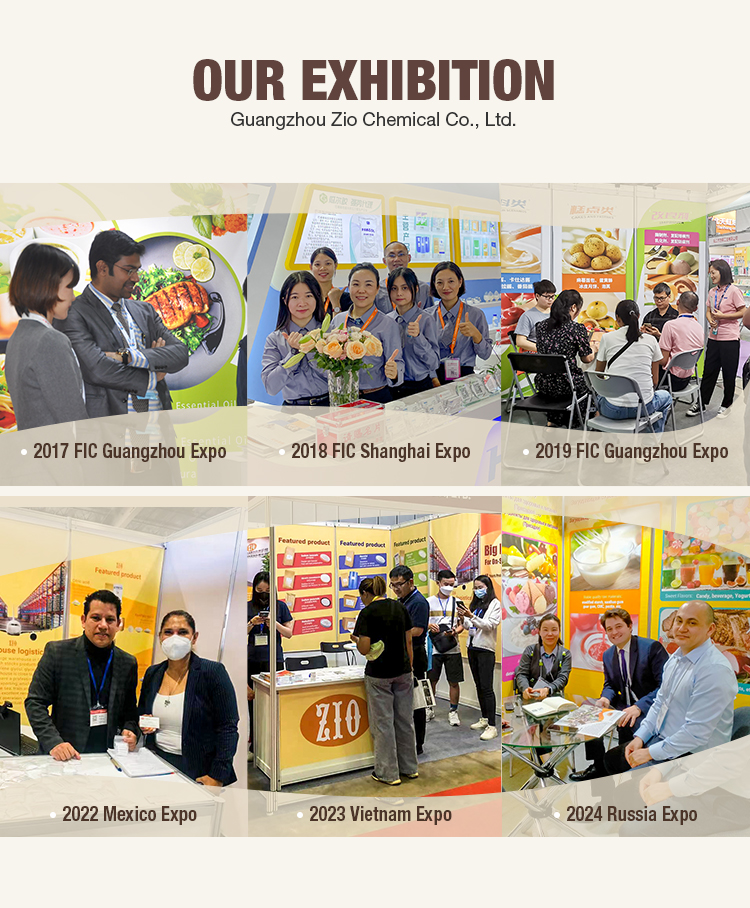
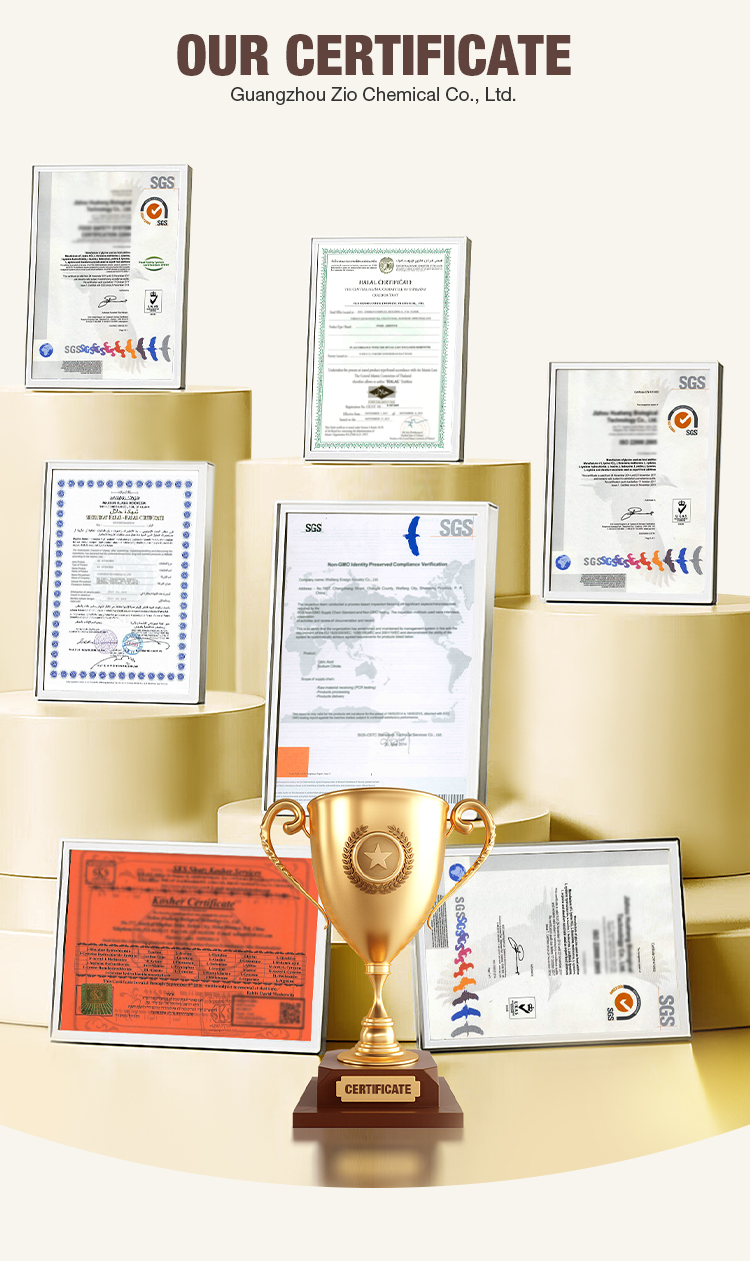
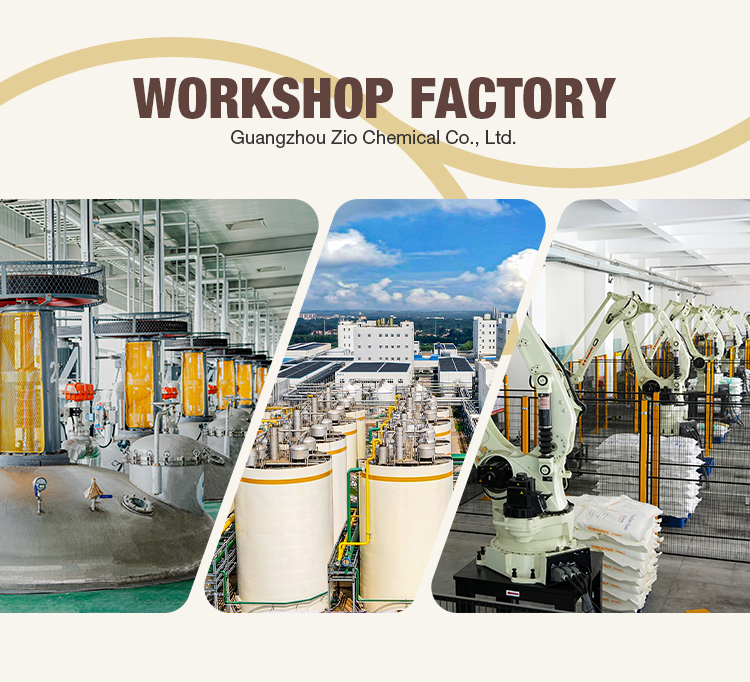
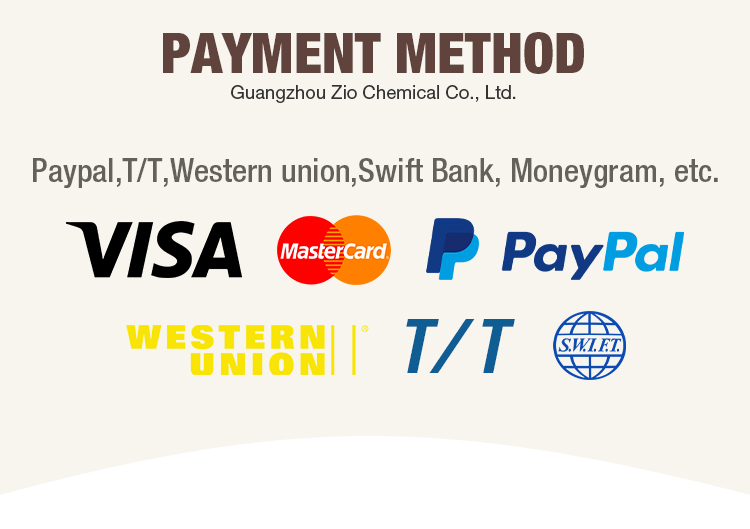
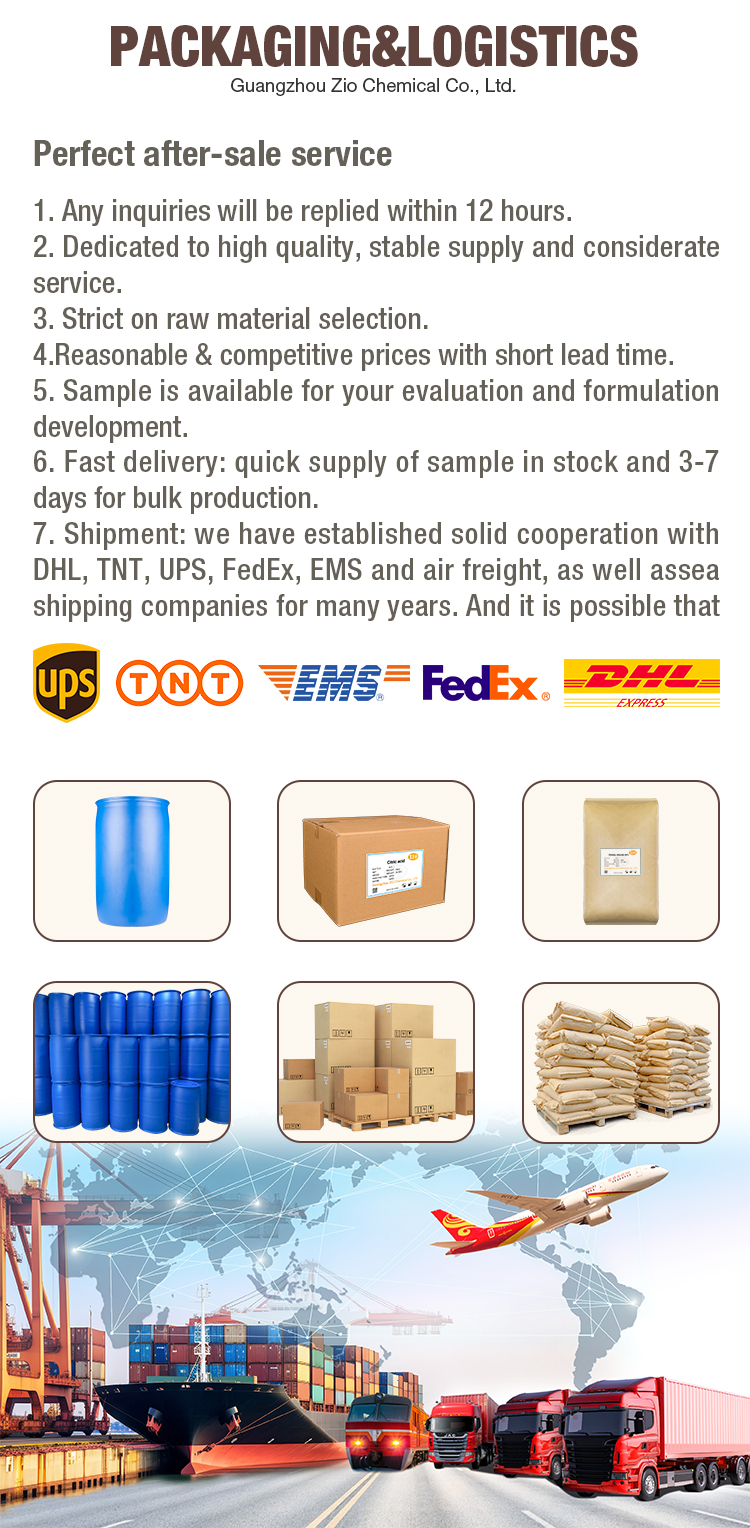
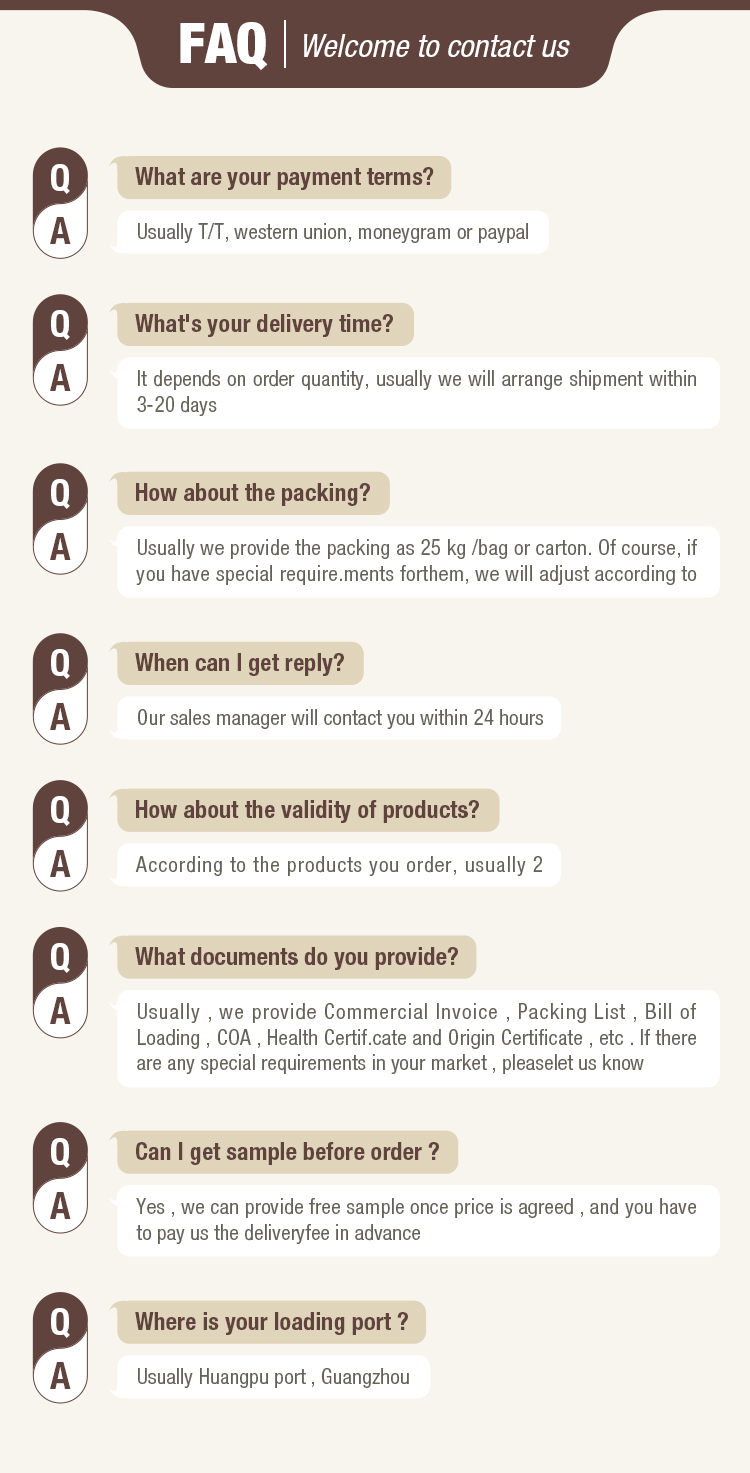
Powerful Antioxidant: Vitamin C is one of the most effective antioxidants, neutralizing free radicals and reducing oxidative stress, which is linked to various chronic diseases and aging.
Boosts Immune Function: Regular intake of vitamin C can enhance the immune system's ability to fight infections and reduce the duration and severity of colds.
Supports Skin Health: Vitamin C is crucial for collagen production, which is essential for maintaining skin elasticity and firmness. It also helps to reduce the appearance of fine lines and wrinkles.
Enhances Iron Absorption: When consumed with iron-rich foods, vitamin C improves the absorption of non-heme iron, which is particularly beneficial for individuals following a vegetarian or vegan diet.
Mood and Cognitive Function: Some studies suggest that adequate levels of vitamin C can help improve mood and cognitive function, making it beneficial for mental health.











